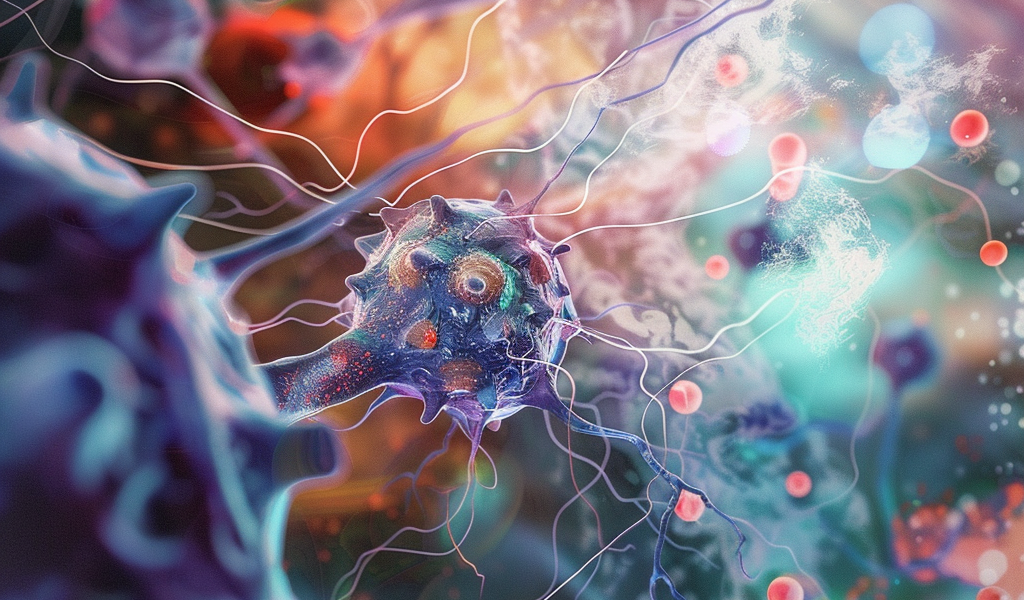Recent research from the University of Copenhagen and Imperial College London has unveiled a groundbreaking discovery regarding the role of immune cells in movement control and metabolic balance. The study, published in the esteemed journal Nature, highlights the unexpected function of macrophages—immune cells traditionally known for their role in fighting infections and aiding in wound healing—in the regulation of motor activity.
Typically, the human body consists of approximately 30 trillion cells, each with distinct responsibilities essential for survival. Among these, macrophages have long been recognized for their immune functions. However, this new research reveals that these cells have a significant role in motor control, challenging the conventional view that they are solely involved in immune responses.
The collaborative effort between researchers at the University of Copenhagen and Imperial College has identified that macrophages located within muscle spindles actively contribute to motor control. This is achieved through mechanisms involving fast neurotransmitter signaling, a function previously attributed exclusively to neurons.
According to Carmelo Bellardita, an associate professor and group leader in the Department of Neuroscience at the University of Copenhagen, this discovery sheds light on two newly identified roles of macrophages in muscle spindles. First, they modulate neural activity to facilitate movement, and second, they link the body’s metabolic needs during physical activity to neural responses. This dual function means that macrophages play a crucial role in fine-tuning muscle contractions and providing vital feedback to the nervous system, thereby optimizing energy usage during physical exertion.
Muscle spindles, where these macrophages are found, serve as tiny sensors within the muscles that monitor stretch and tension. They are instrumental in guiding movements. For instance, when a person attempts to touch their nose with their eyes closed, the muscle spindles detect the movements of the arm’s muscles and relay this information to the brain. This feedback mechanism allows the brain to make real-time adjustments to ensure accurate motion, even without visual input.
Bellardita emphasizes that this research adds a new dimension to our understanding of how the brain integrates sensory input and motor action. It demonstrates that macrophages not only participate in immune responses but also directly influence motor functions, linking energy demands with neural activities during movement.
The implications of these findings are profound, opening up new avenues for potential treatments for motor disorders and metabolic conditions. By understanding the role of macrophages in movement control, researchers may develop innovative therapies that target these immune cells to enhance motor function and metabolic balance.
To uncover the specific functions of macrophages in movement regulation, the research team employed a combination of advanced methodologies. This multi-faceted approach allowed for a comprehensive investigation into the interplay between immune cells and motor control mechanisms.
This study not only challenges our understanding of immune cell functions but also highlights the intricate relationship between the immune system and the nervous system. The ability of macrophages to modulate neural activity and respond to metabolic demands suggests a complex network of communication that is essential for maintaining bodily functions.
As the scientific community continues to explore the implications of these findings, the potential for new therapeutic strategies becomes increasingly apparent. The intersection of immunology and neurology may pave the way for innovative treatments that address both motor and metabolic disorders, ultimately improving the quality of life for individuals affected by these conditions.
This research represents a significant step forward in understanding the multifaceted roles of immune cells in the human body. By redefining the functions of macrophages, scientists are laying the groundwork for future studies that could lead to transformative advancements in medical science.





